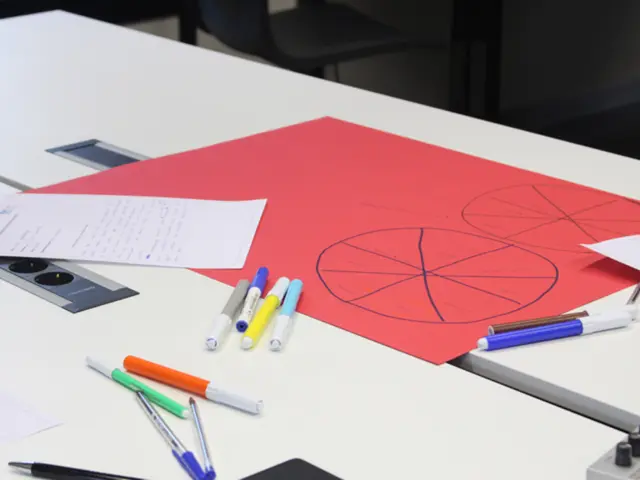Anticipating the Arrival of Spring (Followed by Summers)
Princeton students seeking a rewarding summer research internship can now benefit from a comprehensive guide designed to help them navigate the competitive landscape. Titled "Research Abroad," the guide offers valuable insights into securing an internship, finding funding for unpaid opportunities, and managing applications effectively.
**1. Start Early and Utilize Princeton-Specific Resources**
The guide advises students to begin their internship search as early as the fall or winter preceding the summer. Princeton’s Center for Career Development (CCD) provides a curated list of summer internships and fellowships suitable for Princeton students across various fields, accessible via Handshake and their internship postings page.
**2. Leverage On-Campus and Local Research Opportunities**
Explore internships available at Princeton itself, such as the Princeton Plasma Physics Laboratory (PPPL) summer internship, geared toward students with strong backgrounds in physics, chemistry, advanced math, and programming. Additionally, look for other university-affiliated labs or research groups that offer summer experiences, providing hands-on research mentorship.
**3. Tailor Application Materials Carefully**
Customize your resume and cover letter for each internship, including keywords from the internship description, relevant coursework, technical skills, and any research or lab experience you have. Use measurable achievements and action verbs to demonstrate impact, and follow formatting best practices for clarity and professionalism.
**4. Apply Widely and Track Your Applications**
Search broadly on platforms like Handshake, CareerShift, and external job boards recommended by Princeton’s career services. Keep a spreadsheet or another system to track deadlines, follow-ups, and responses to stay organized and proactive.
**5. Network and Follow Up**
Attend networking events, department seminars, and career fairs hosted by Princeton to connect with potential mentors and recruiters. After submitting your application or meeting recruiters, send polite follow-up emails to express your continued interest and inquire about timelines for decisions.
**6. Consider External Fellowships and Programs**
Some external programs, like the Council on Foreign Relations Blavatnik Internship or Waksman Institute Summer Experience, may be suitable depending on your interests and eligibility. Review eligibility requirements and application deadlines carefully and manage your time to submit strong applications.
The guide does not overemphasize the importance of a research internship, instead encouraging students to create a list of potential internships that catch their interest, regardless of location or field. It is also crucial to give recommenders enough time to write a letter, and knowing which opportunities require one can help prioritize certain applications.
Princeton students are encouraged to start thinking about summer internships, but it’s not too late to begin the search if they haven’t started already. Whatever comes to them, whether nothing or everything, is exactly what is meant for them. The funding section of the guide provides information on finding funding opportunities for unpaid research internships, but it does not specify the number of funding opportunities available or mention any deadlines associated with these funding opportunities.
By combining Princeton’s career and academic resources with customized application materials and proactive communication, students can maximize their chances of securing a rewarding summer research internship. Starting early and maintaining organized follow-ups are key elements of effective internship search management.
- To boost their career development and skills training, students can explore educational opportunities offered by the Princeton Center for Career Development (CCD) for specialized programs in education-and-self-development and career-development.
- For students interested in honing their research skills, they can take advantage of various skills-training workshops and seminars, either on campus or through local research institutes and laboratories, to enrich their knowledge and prepare themselves for competitive research internships in the future.




